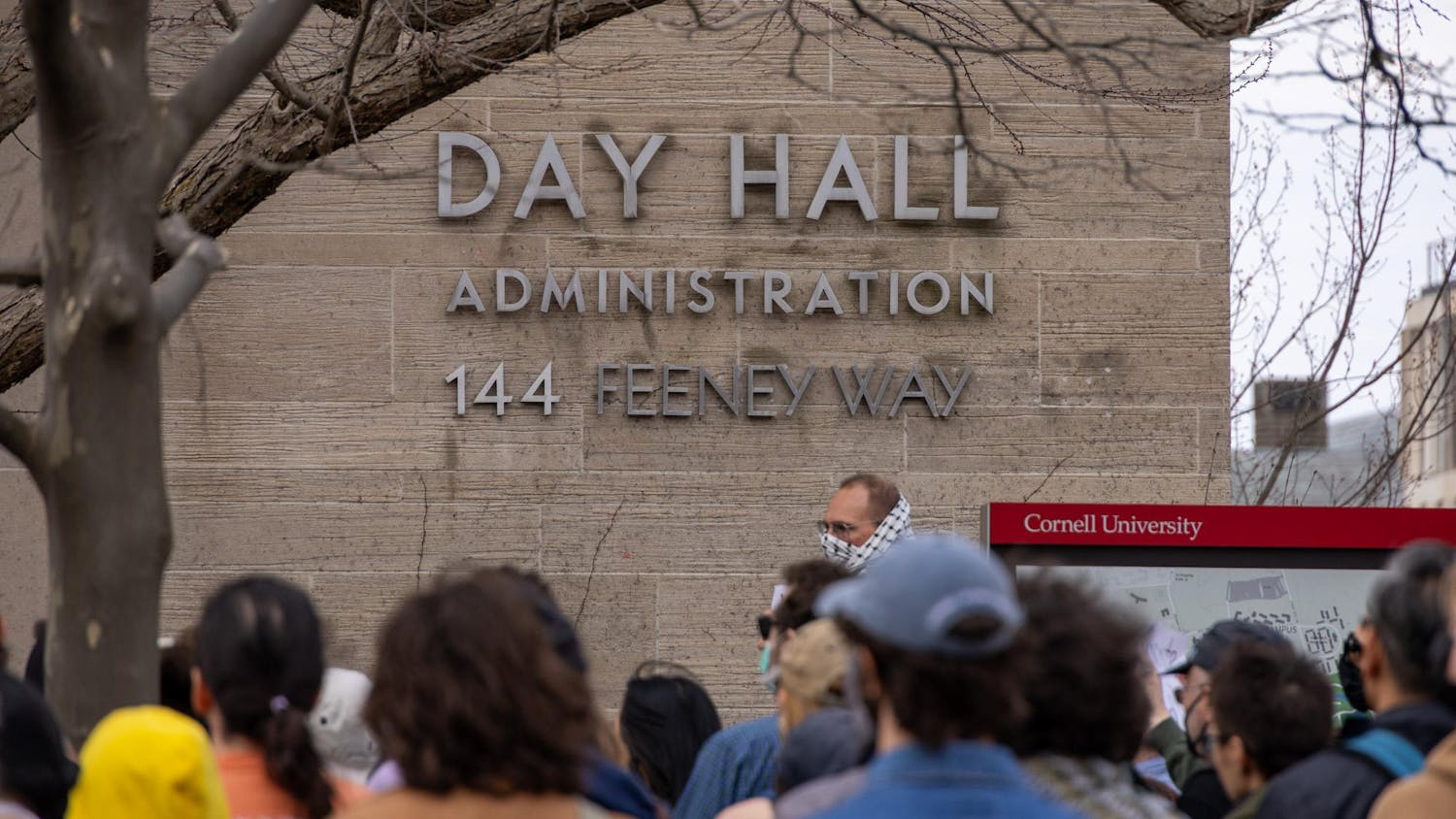Applications have already started to roll in for a new master’s of engineering program in operations research and information engineering at Cornell Tech, set to open in fall 2016.
The program is a collaborative effort that unites the extensive experience on the Ithaca campus in running an ORIE master’s program with the tech expertise and entrepreneurial spirit of Cornell Tech, according to Prof. Huseyin Topaloglu, operations research and information engineering.
Unlike the Ithaca program, which has been offered for over 50 years, the new engineering program is designed specifically with the technology industry in mind, Topaloglu said.
“We want to educate data scientists, quantitative analysts that thrive in environments where one needs to design algorithms and systems to make decisions on an ultra-large scale, while tackling the challenges posed by uncertainty,” he said.
The program was first discussed when Cornell Tech opened in 2012 and implemented as soon as faculty members were hired, according to Topaloglu.
“As soon as we hired ORIE faculty that gave us critical mass to provide the program, we put the plans in action,” Topaloglu said. “We spent the summer intensely working on curriculum design, talking to tech companies exchanging thoughts and talking to prospective and past students.”
As a framework for planning the curriculum, the team thought about the work they hoped students would go on to do after graduation, according to Topaloglu. He said they incorporated a combination of courses that would prepare students for the complexity, scale and pace of decision making at large companies such as Amazon, Uber and Facebook.
In addition to the fundamentals of operations research, the Cornell Tech program puts “immense emphasis on computational tools that allow our graduates to build systems that provide business intelligence at an ultra-large scale,” he said.
There are a number of other unique curricular features. For example, students will work in interdisciplinary groups to “nurture an entrepreneurial idea from inception to maturity,” according to Topaloglu.
Interdisciplinary collaboration is a critical element of the project; by working together, master’s students from different backgrounds will be able to comprehensively address the factors that are involved in an entrepreneurial venture, he said.
Beyond preparing students for business at a digital pace, Topaloglu said he hopes the program will harness the entrepreneurial spirit and technical capabilities of the New York City campus and direct them toward the common good. On a local level, this will involve community engagement and outreach activities, such as hackathons and educational events.
However, the program’s ambitions are global in scale.
“We want to put students and the faculty in the same entrepreneurial environment to turn years of faculty research into products that could benefit the world,” Topaloglu said.











